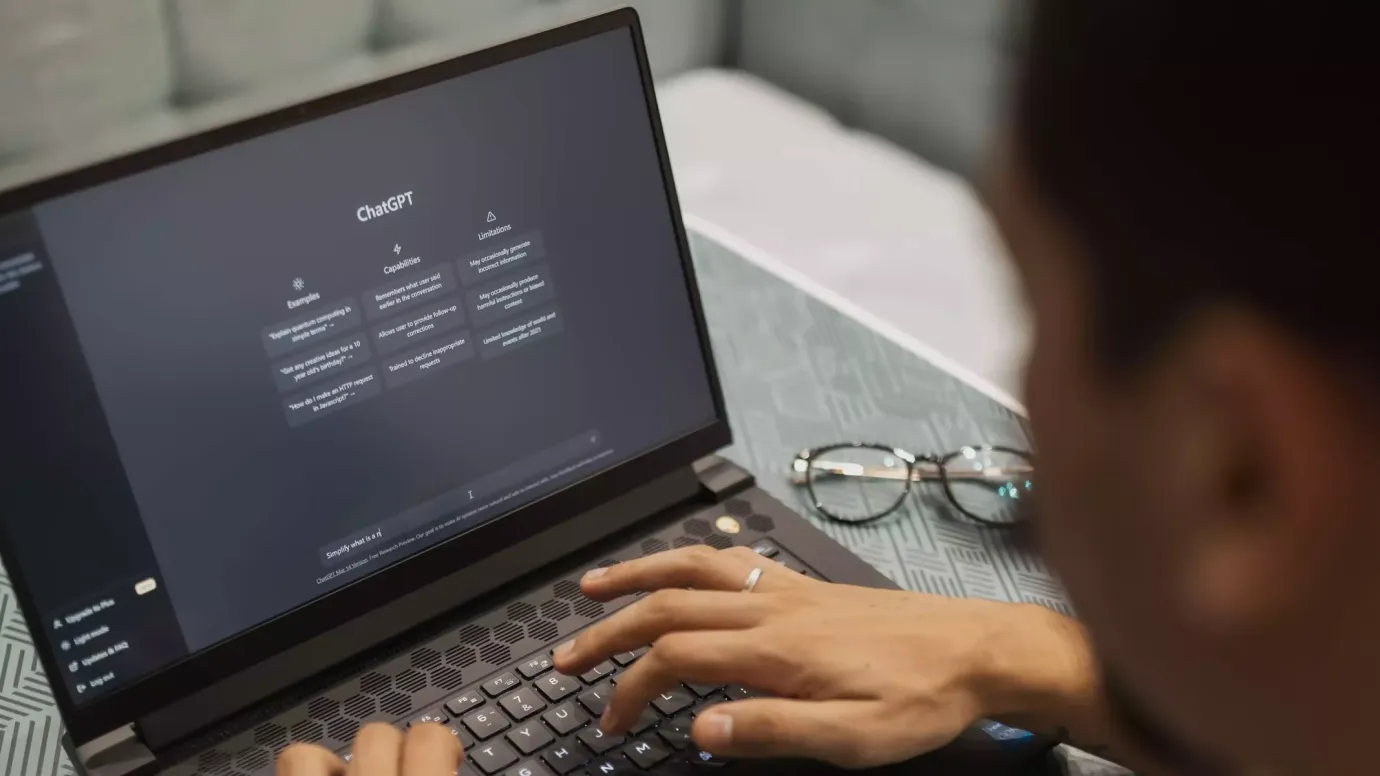Teachers Day Special: Will AI Replace Teachers or Empower Them?
Related Articles
Rules-Based World Order “No Longer Exists”, Warns German Chancellor Friedrich Merz
German Chancellor Friedrich Merz warned that the global system built on shared rules and alliances has effectively collapsed, urging Europe to prepare for uncertainty...
Supreme Court Urges Himachal Pradesh High Court to Respect Elected Government’s Functioning
The Supreme Court on Friday expressed strong disapproval of what it described as repeated interference by the Himachal Pradesh High Court in decisions of...
भारत की शक्ति का प्रतीक: PM Modi देखेंगे पूर्वोत्तर की पहली 4.2 km लंबी एयरस्ट्रिप पर लड़ाकू विमानों का धमाकेदार प्रदर्शन
प्रधानमंत्री नरेंद्र मोदी शनिवार को असम के डिब्रूगढ़ पहुंचेगे, जहां वे पूर्वोत्तर भारत के पहले इमरजेंसी लैंडिंग फैसिलिटी (ईएलएफ) का उद्घाटन करेंगे। यह एयरस्ट्रिप...


